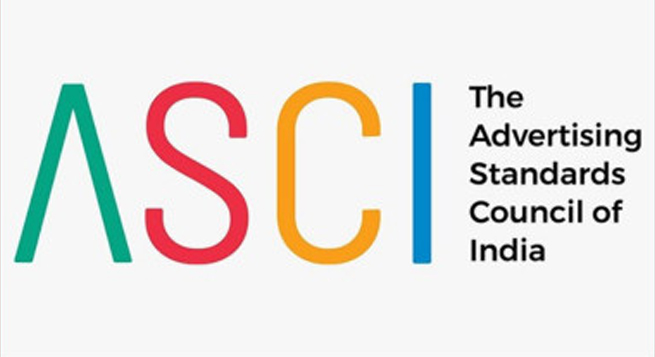The Advertising Standards Council of India (ASCI) has pushed back the deadline for feedback on its discussion paper on advertising manipulation from December 31, 2022, to January 16, 2023.
“We have received requests from some industry organizations for a deadline extension. Once we have received all of the responses by the 16th, we will study them to understand the various points of view and fine-tune the guidelines accordingly “ASCI’s CEO and Secretary General, Manisha Kapoor, told IANS.
“So far, the response [to the paper] has been good, with some interesting builds,” she added.
The paper, titled “Dark Patterns in Advertising,” discussed how digital platforms’ practices could manipulate consumer choices and consumption patterns to the detriment of consumer interest. These include revealing only a portion of a product’s price, stating a false available quantity of a product to create false urgency, and disguised media advertising.
The paper proposed several changes in practices to promote fair advertising. The suggestion to let customers decide whether or not to share their personal information in the customer exchange for service was one of the most important.
Businesses should “Allow customers to easily unsubscribe from their account pages. Consider providing a retention package to entice them to stay before making a final decision.”
The Centre’s recently proposed Digital Services Act also highlighted some concerning advertising practices. These include making it more difficult to cancel a service than it is to subscribe to it, as well as constant pop-ups that disrupt the user experience.
The Department of Consumer Affairs summoned cab and two-wheeler aggregators in 2022 to explain how they set their rates and algorithms. It also established a working group to address the issue of fake online reviews.
It said that due to fake and misleading reviews, the right to be informed, which is a consumer right under the Consumer Protection Act of 2019, is violated.
According to ASCI data, 29 percent of ads in 2021-22 were disguised ads, a type of dark pattern. The most common of these were cryptocurrency, personal care, and fashion.
 Top India Ministers pitch WAVES ’25 to foreign envoys in New Delhi
Top India Ministers pitch WAVES ’25 to foreign envoys in New Delhi  JioStar secures 20 top brands for TATA IPL 2025
JioStar secures 20 top brands for TATA IPL 2025  After Airtel, Reliance announces pact with Starlink
After Airtel, Reliance announces pact with Starlink  Ayushmann Khurrana named ‘Fit India Icon’
Ayushmann Khurrana named ‘Fit India Icon’  Ofcom mandates tech firms act against illegal online content
Ofcom mandates tech firms act against illegal online content  Firstpost ties up with Raisina Dialogue for Ideas Pod
Firstpost ties up with Raisina Dialogue for Ideas Pod  NDTV MPCG conclave showcases vision for growth and innovation
NDTV MPCG conclave showcases vision for growth and innovation  Zee Media’s ‘Unveiling India Quiz’ concludes with grand finale
Zee Media’s ‘Unveiling India Quiz’ concludes with grand finale 








